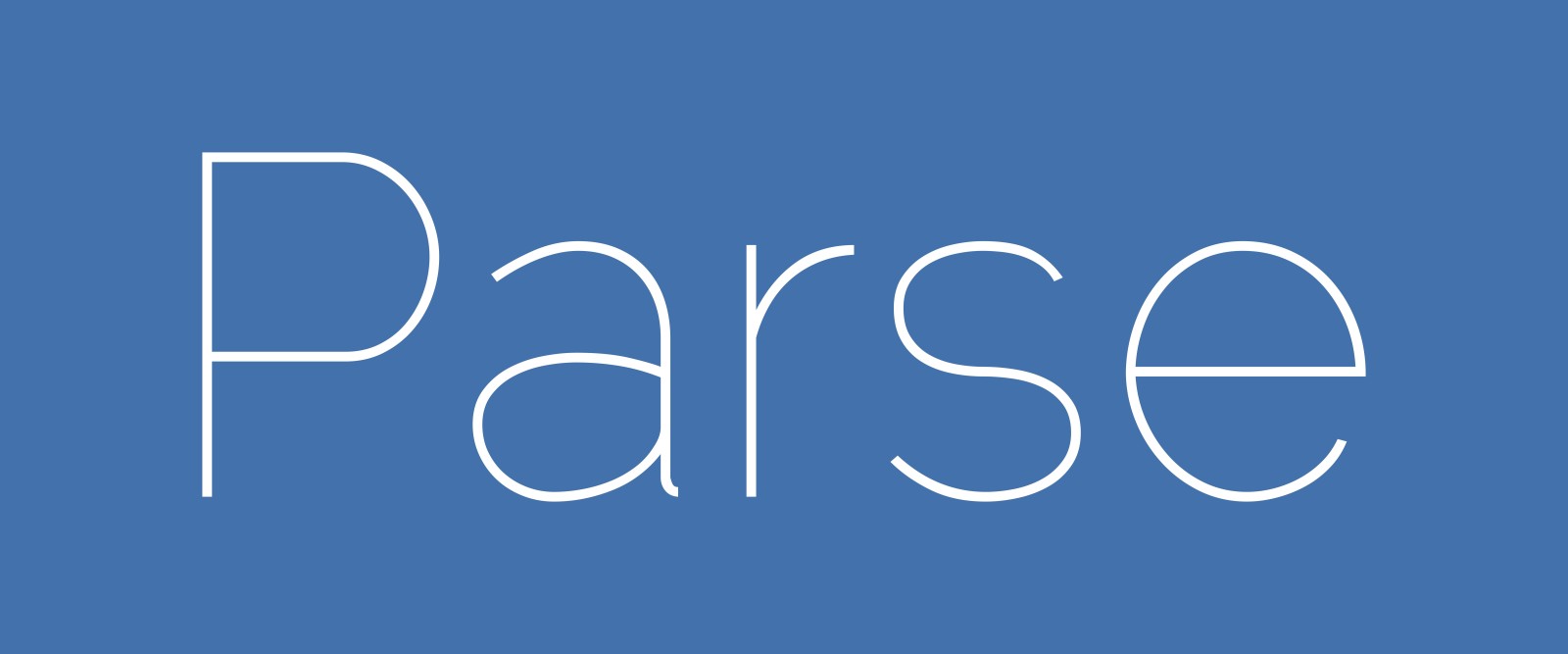On January 28th, Facebook announced that it was shutting down Parse, the popular Mobile Backend as a Service (MBaaS), in January 2017, after having purchased it for a reported $85M in 2013. Thousands of mobile apps and services rely on Parse, and if yours is one of them now is the time to start making plans to transition away from Parse. In late January of next year apps that aren’t updated to use a different backend services will stop working and inevitably earn themselves a collection of “one star” App Store reviews. For most apps, this transition away from Parse will take one of three options, any of which Art & Logic can help manage for you.
Option 1: Self-Hosted Parse Server
As part of the announcement, Parse released: some components of their server software as open-source, a database migration tool, and a migration guide.
These resources, along with the efforts of the open-source community who have begun contributing to the projects, allow you to transition your app to a self-hosted instance of the Parse services. When selecting this option you’ll need a Node.js server and a MongoDB database, either on your own server or through one of many cloud providers.
Pros:
- Your app can continue to use the same APIs and backend technologies.
- The migration guide is available to help with the transition.
- The client and server software is open source.
Cons:
- You’re now responsible for managing and maintaining the backend for your app.
- Unless you’re interested in contributing to the open-source projects, your backend and client SDKs are in the hands of the open-source community. Bug fixing and feature development priorities of the community may not align with your needs.
Option 2: Move to an Alternate MBaaS Provider
Shortly following the announcement, a collaborative list of Parse alternatives came together on GitHub. The comprehensive list of solutions has been updated on a regular basis and contains far too many options to cover in detail here, but it is a great place to start if you’re considering moving to a different provider or set of providers to replace Parse.
Pros:
- Many MBaaS offerings provide the same set of services that Parse did at similar prices.
- Some feel that since Facebook purchased Parse in 2013 that development had slowed. A number of these alternative providers are more committed to, and focused on, the MBaaS space and are offering new features and show a greater pace of development.
- You’re not responsible for managing or maintaining backend services.
Cons:
- Depending on the providers or set of providers you select, transitioning to them will require your apps to be updated and your data migrated from Parse, which could be more complicated than using Parse’s open source software.
- You take on the risk that your newly selected MBaaS provider won’t be acquired, shutdown, or may not be able to provide the same quality of service as Parse.
Option 3: Develop a Custom Solution
Developing a custom backend and the matching client side code may be the most involved option, but gives you complete control over the transition and development process along with the peace of mind of having control over your technology stack. You can select client- and server-side languages that best fit your applications along with server-side technologies and databases that best fit your business domain and data.
Pros:
- Complete control over the technologies in your backend and mobile stack.
- You can prioritize feature development and bug fixing efforts.
Cons:
- Developing a custom backend and the related client SDKs can be time consuming.
- You’re now responsible for managing and maintaining the backend for your app.
- Just as with another MBaaS provider, your apps will need to be updated and your data migrated to your custom solution.
In Review
If your app relies on Parse’s services now is the time to start considering your options for transitioning away from them. Fortunately, there are a number of great alternatives and with our experience in mobile, web, and backend development we can help determine the best approach for your business. Get in touch to find out how we can help you avoid those “one-star” reviews!



